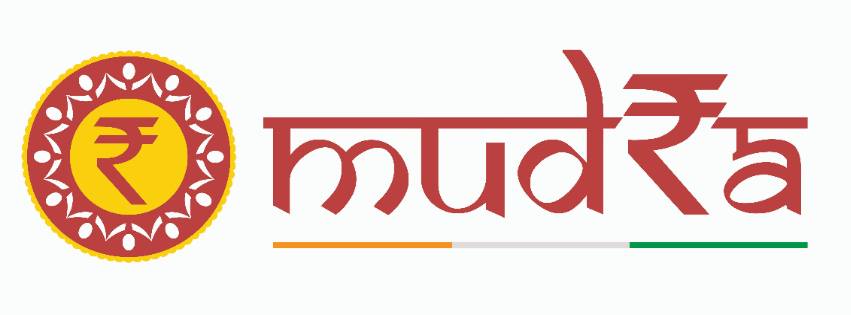New Delhi, NFAPost: As part of the government’s commitment to build a knowledge-based economy where innovation is the pillar of activity, the cabinet chaired by Prime Minister Narendra Modi has approved expanding the access of Traditional Knowledge Digital Library (TKDL)
The Union Cabinet led by Prime Minister Narendra Modi on Wednesday approved the “Widening access of the Traditional Knowledge Digital Library (TKDL) database to users, besides patent offices”.
The opening up of the TKDL database to users is an ambitious and forward-looking action by the Government of India. This will be a new dawn for Indian traditional knowledge, as the TKDL will drive research & development, and innovation based on India’s valued heritage across diverse fields.
The opening up of the TKDL is also envisaged to inculcate thought and knowledge leadership through Bharatiya Gnana Parampara, under the New Education Policy 2020.
Indian traditional knowledge (TK) offers immense potential to serve national and global needs, therewith providing societal benefits as well as economic growth. For example, the traditional systems of medicine and wellness from India, namely Ayurveda, Siddha, Unani, Sowa Rigpa, and Yoga are serving the needs of people from India and abroad even today.
The recent Covid- 19 pandemic has also been witnessing extensive use of Indian traditional medicines whose benefits range from immune-boosting to symptoms-relief to anti-viral activity. Earlier this year in April, the World Health Organization (WHO) established its first off-shore Global Centre for Traditional Medicines (GCTM) in India. These demonstrate the continued relevance of traditional knowledge in address the current and emerging needs of the world.
The approval of the Cabinet to widen the access of the database beyond patent offices lays emphasis on integrating and co-opting traditional knowledge with current practices towards enhancing innovation and trade.
The TKDL will act as an important sources of TK information for advancing knowledge and technology frontiers. The current contents of TKDL shall facilitate wider adoption of Indian traditional medicines, while also propelling new manufacturers and innovators to gainfully build enterprises based on our valuable knowledge heritage.
The TKDL can cater to a vast user base that would include businesses/companies {herbal healthcare (AYUSH, pharmaceuticals, phytopharmaceuticals, and nutraceuticals), personal care, and other FMCG}, research institutions: public and private; educational institutions: educators & students; and others: ISM practitioners, knowledge holders, patentees and their legal representatives, and government, among several others. The access to the TKDL database would be through a paid subscription model with a phase-wise opening to national and international users.
In future, more information on Indian traditional knowledge from other domains will be added to the TKDL database from the perspectives of the “3P – Preservation. Protection and Promotion”. While catering to its primary mandate of preventing grant of wrong patents on Indian traditional knowledge, the TKDL database will also push creative minds to innovate for better, safer and more effective solutions for a healthier and technology endowed population. India’s rich heritage shall lay a strong foundation for newer socio-economic developments.
About TKDL:
The Traditional Knowledge Digital Library (TKDL) is a prior art database of Indian traditional knowledge established in 2001, jointly by the Council of Scientific and Industrial Research (CSIR) and Department of Indian Systems of Medicine and Homeopathy (ISM&H, now Ministry of AYUSH).
The TKDL is a first of its kind globally and has been serving as an exemplary model to other nations. The TKDL currently contains information from existing literature related to ISM such as Ayurveda, Unani, Siddha, Sowa Rigpa and Yoga.
The information is documented in a digitized format in five international languages which are English, German, French, Japanese and Spanish. TKDL provides information in languages and format understandable by patent examiners at Patent Offices worldwide, so as to prevent the erroneous grant of patents.
Until now, access to the complete TKDL database is restricted to 14 Patent Offices worldwide for the purposes of search and examination. This defensive protection through TKDL has been effective in safeguarding Indian traditional knowledge from misappropriation, and is considered a global benchmark.





